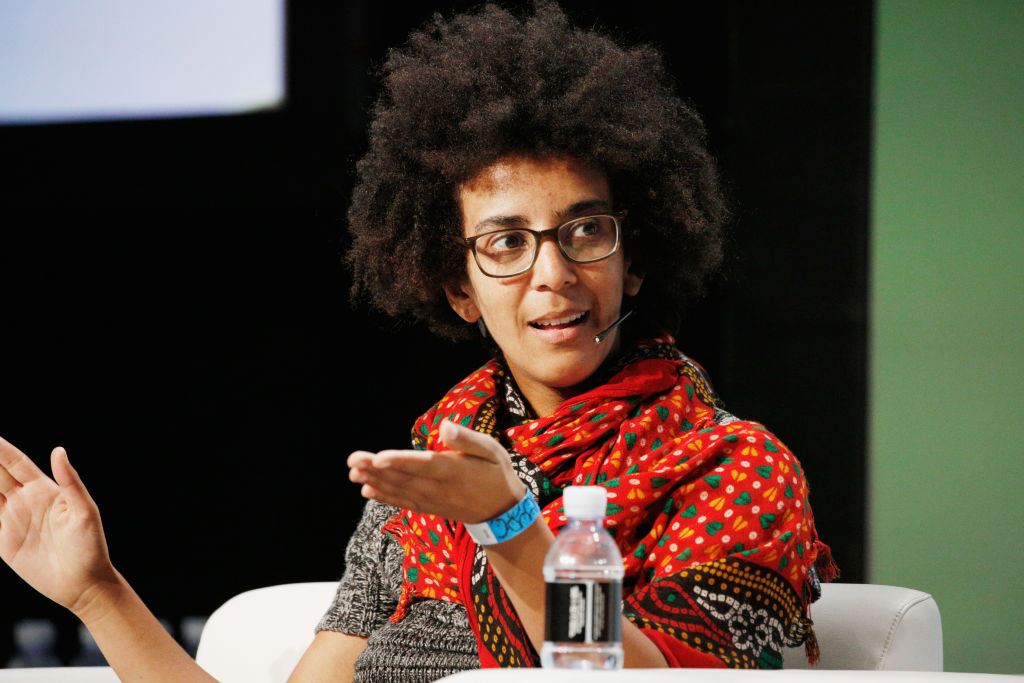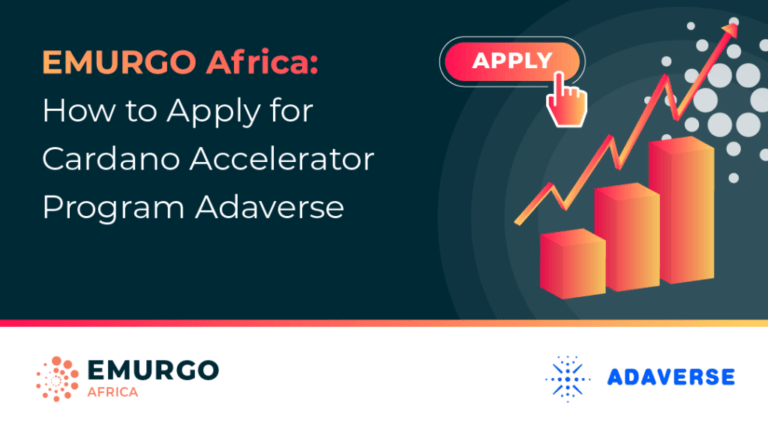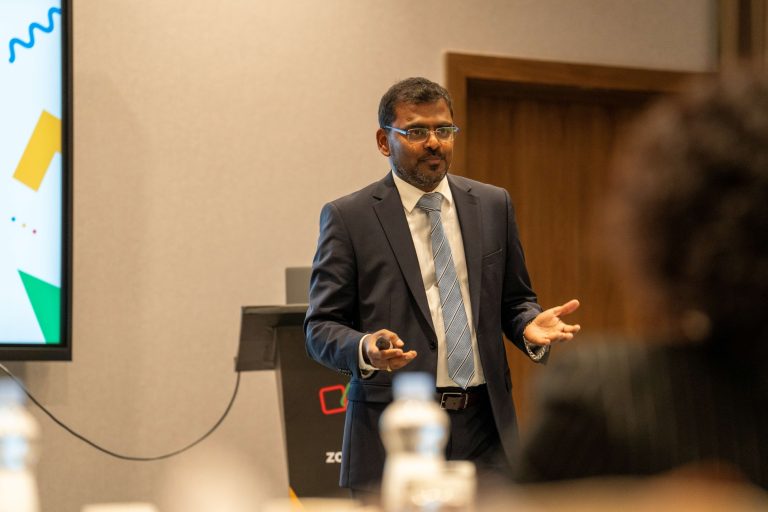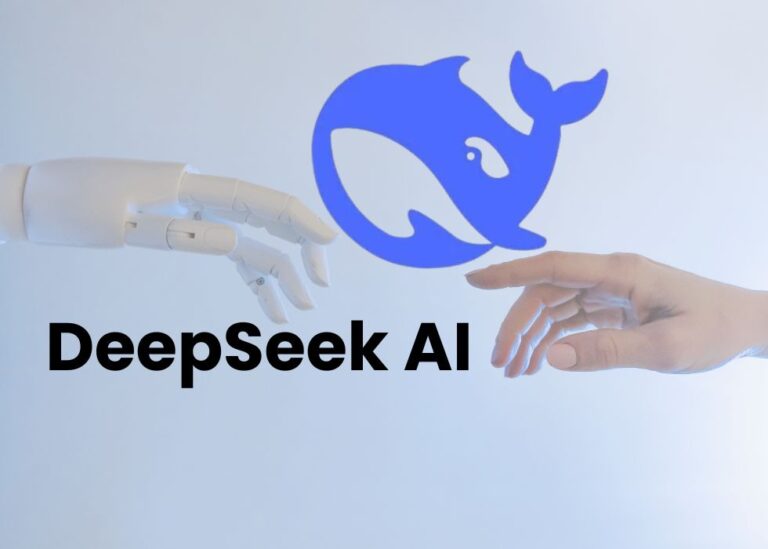Timnit Gebru establishes her own AI research institute,DAIR after being fired from Google

Timnit Gebru, one of the leaders of Google’s ethics in AI team and a leading expert in the field, was fired almost exactly one year ago after sending a concerned email to her team. She has now established her own research institute, DAIR, focusing on the topics she felt were being neglected at Google.
According to its press release, the Distributed Artificial Intelligence Research Institute is “an independent, community-rooted institute set to counter Big Tech’s pervasive influence on AI research, development, and deployment.”
DAIR will be self-funded from the start, with the goal of including and emphasizing diverse perspectives and challenging the processes used by companies such as Google, Amazon, and Facebook/Meta. The emphasis will be on academic paper publication, but without the constant pressure of traditional academia or the paternalistic interference of a global corporation looming over the researchers.
“I’ve been frustrated for a long time about the incentive structures we have in place and how none of them seem to be appropriate for the type of work I want to do,” Gebru told The Washington Post.
So far, the Ford Foundation, the MacArthur Foundation, the Kapor Center, and the Open Society Foundation have contributed $3.7 million to the institute. That should be enough to get things started — and it should pay its researchers well, ensuring that this type of work is a viable alternative to working for one of the deep-pocketed corporations that frequently fund AI research.
I’ve asked Gebru, who we’ve had on stage to discuss these very topics, for more information on DAIR’s methods and future research directions, and will update this post if I hear back. However, two personnel give us an idea of what to expect.
Safiya Noble, author of “Algorithms of Oppression” and Macarthur Genius Grant recipient, will serve on DAIR’s advisory committee; we recently hosted her for a panel at TC Sessions: Justice, where she spoke about the danger of considering technologies neutral or valuable as they become widely used and “banal,” when in fact that is precisely the time when they should be scrutinized.
Raesetje Sefala is DAIR’s first research fellow; Sefala’s recent work focuses on geographical and economic segregation in South Africa as measured by satellite imagery.
“AI must be brought back to earth.” It has been elevated to a superhuman level, leading us to believe it is both unavoidable and beyond our control,” Gebru stated in the announcement. “We can get ahead of these harms and create a future that values equity and humanity if AI research, development, and deployment are rooted in people and communities from the start.”






